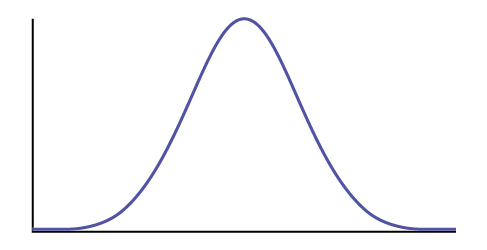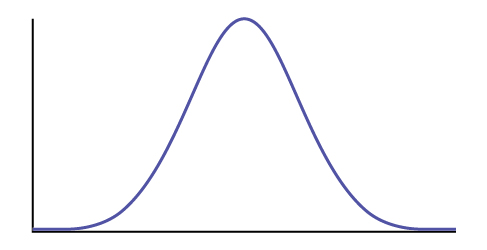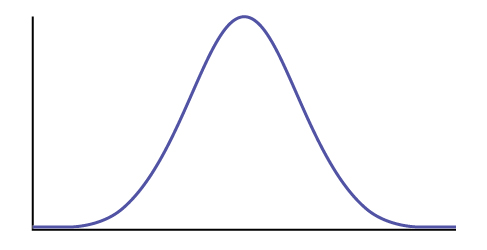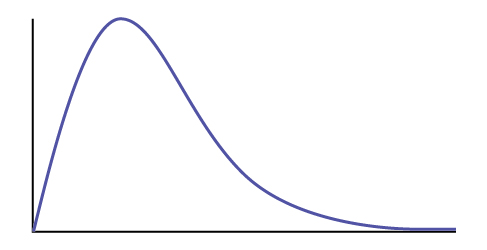Solution Sheets
[latexpage]
Hypothesis Testing with One Sample
Class Time: __________________________
Name: _____________________________________
- H0: _______
- Ha: _______
- In words, CLEARLY state what your random variable \(\overline{X}\) or \({P}^{\prime }\) represents.
- State the distribution to use for the test.
- What is the test statistic?
- What is the p-value? In one or two complete sentences, explain what the p-value means for this problem.
- Use the previous information to sketch a picture of this situation. CLEARLY, label and scale the horizontal axis and shade the region(s) corresponding to the p-value.

- Indicate the correct decision (“reject” or “do not reject” the null hypothesis), the reason for it, and write an appropriate conclusion, using complete sentences.
- Alpha: _______
- Decision: _______
- Reason for decision: _______
- Conclusion: _______
- Construct a 95% confidence interval for the true mean or proportion. Include a sketch of the graph of the situation. Label the point estimate and the lower and upper bounds of the confidence interval.

Hypothesis Testing with Two Samples
Class Time: __________________________
Name: _____________________________________
- H0: _______
- Ha: _______
- In words, clearly state what your random variable \({\overline{X}}_{1}-{\overline{X}}_{2}\), \({{P}^{\prime }}_{1}-{{P}^{\prime }}_{2}\) or \({\overline{X}}_{d}\) represents.
- State the distribution to use for the test.
- What is the test statistic?
- What is the p-value? In one to two complete sentences, explain what the p-value means for this problem.
- Use the previous information to sketch a picture of this situation. CLEARLY label and scale the horizontal axis and shade the region(s) corresponding to the p-value.

- Indicate the correct decision (“reject” or “do not reject” the null hypothesis), the reason for it, and write an appropriate conclusion, using complete sentences.
- Alpha: _______
- Decision: _______
- Reason for decision: _______
- Conclusion: _______
- In complete sentences, explain how you determined which distribution to use.
The Chi-Square Distribution
Class Time: __________________________
Name: ____________________________________
- H0: _______
- Ha: _______
- What are the degrees of freedom?
- State the distribution to use for the test.
- What is the test statistic?
- What is the p-value? In one to two complete sentences, explain what the p-value means for this problem.
- Use the previous information to sketch a picture of this situation. Clearly label and scale the horizontal axis and shade the region(s) corresponding to the p-value.

- Indicate the correct decision (“reject” or “do not reject” the null hypothesis) and write appropriate conclusions, using complete sentences.
- Alpha: _______
- Decision: _______
- Reason for decision: _______
- Conclusion: _______
F Distribution and One-Way ANOVA
Class Time: __________________________
Name: ____________________________________
- H0: _______
- Ha: _______
- df(n) = ______ df(d) = _______
- State the distribution to use for the test.
- What is the test statistic?
- What is the p-value?
- Use the previous information to sketch a picture of this situation. Clearly label and scale the horizontal axis and shade the region(s) corresponding to the p-value.

- Indicate the correct decision (“reject” or “do not reject” the null hypothesis) and write appropriate conclusions, using complete sentences.
- Alpha: _______
- Decision: _______
- Reason for decision: _______
- Conclusion: _______

